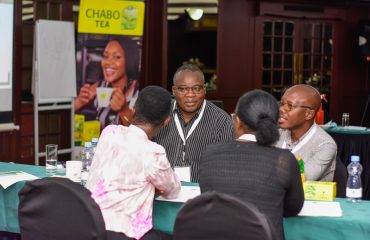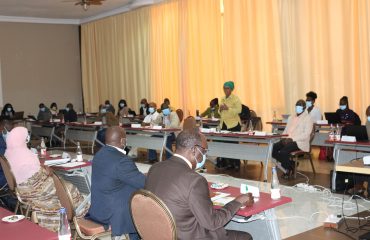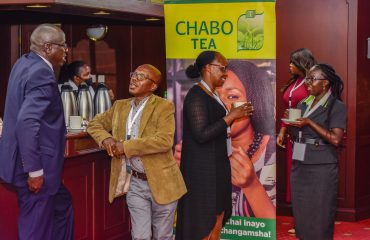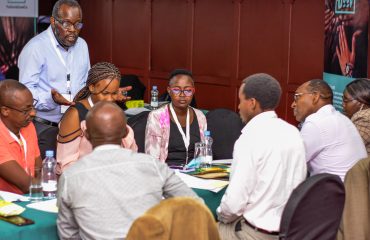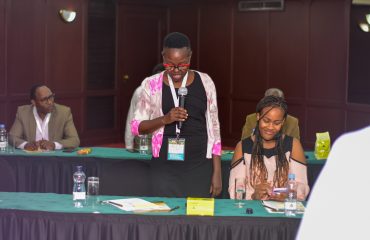Capacity Development
For many years, Kenya had the optimal climate for tea growing – tropical, red volcanic soils, sunny days and stable rainfall. However, climate change impact has led to erratic rainfall, making floods and droughts more common. Temperatures are also rising, posing a threat to tea plantations carefully cultivated over many years. Deforestation playing a key role, and the areas where tea is grown are feeling the effect.
Between 2001 to 2017 tree cover dropped by 10% in tea growing regions in Kenya. It is with this in mind that NTZDC works with peri-forest communities in addressing conservation and livelihood transformation. In a bid to reduce dependency on forests for fuelwood and livelihood and to make way for other crops or infrastructure.
There is therefore the need to adopt sustainable farming practices to help farmers and small and mid-size enterprises in the agricultural sector to adapt to the change in weather patterns. NTZDC as an organization have equally developed a systematic approach to the changing climate change to sustainable farming practices through capacitating their operations team, out growers’ association and the peri-forest communities across their 19 zones on how they can adopt and become responsive to the dynamic weather changes. This is being done in a bid to increase and sustain their yields.
This has been through the development of various capacity building programs for the farmers on the selection of the most suitable areas for tea growing, crop diversification in low production areas, efficient management of soil and water resources, catchment protection, soil water conservation and rainwater harvesting.
The company recognizes the value that sustainability brings to our environmental conservation efforts. Through the government utility support for, and participation in environmental sustainability in the tea sector, the organization has embraced sustainable farming practices in all its operations and have supported small-scale farmers across our operations. Leading to the development of out-growers association/community in Kipchabo and Gatitu who supply quality green leaf to the NTZDC factories.
Environmental Certifications
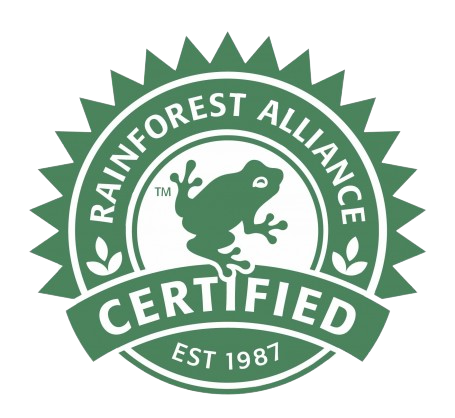


Through the association, over 3500 farmers have been trained on good agricultural practices, conservation of the environment, good governance and crop diversification and have obtained Rainforest Alliance and Fairtrade certifications. Through the training, smallholder farmers have been able to achieve higher tea yield per acre.
In contributing to this goal, the state utility has partnered with the Initiative for Sustainable Landscapes to restore and conserve the Mau Forest. ISLA is active in the South West Mau Forest. ISLA focuses on halting deforestation, forest conservation, water management, sustainable energy sources and sustainable livelihoods.
Through synergies harnessed by the organization through its stakeholders engagement, the cooperation has been able to work with the local communities in understanding “Conservation for Nyayo Tea zones corporation is not about planting trees but controlling deforestation” thus, protecting the gazetted forest land designated for conservation. The approach goes beyond a training programme and is, indeed, a holistic end-to-end eco-system management that seeks to enhance environmental sustainability and the quality of tea produced. The programme also provides the necessary skills and resources for rural youth to be local change makers in their communities and in the country through agriculture.
